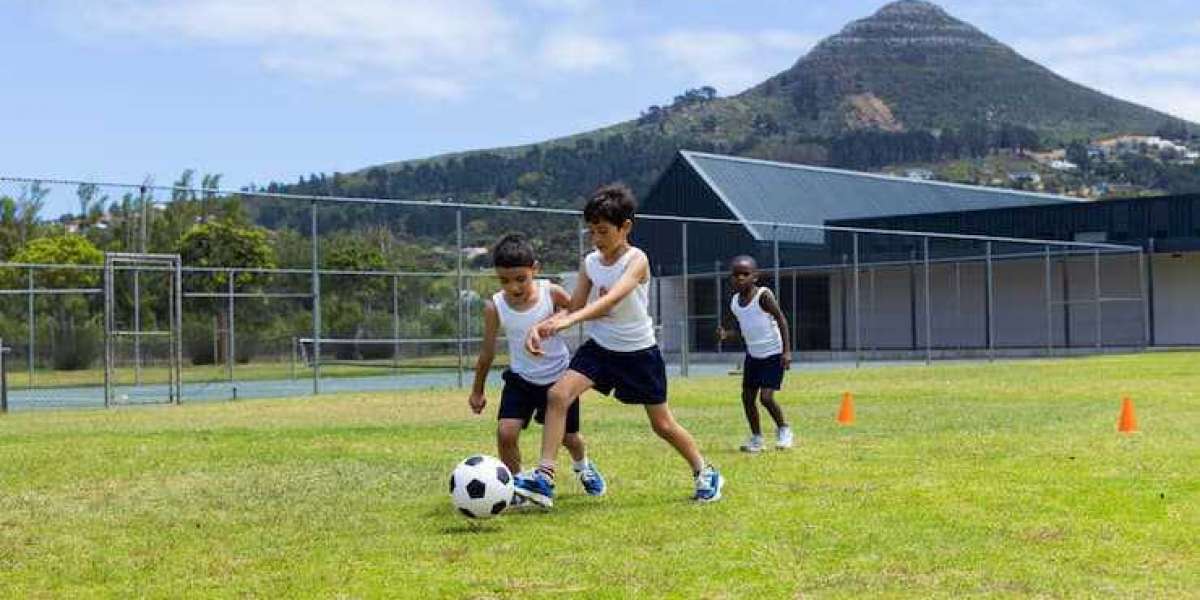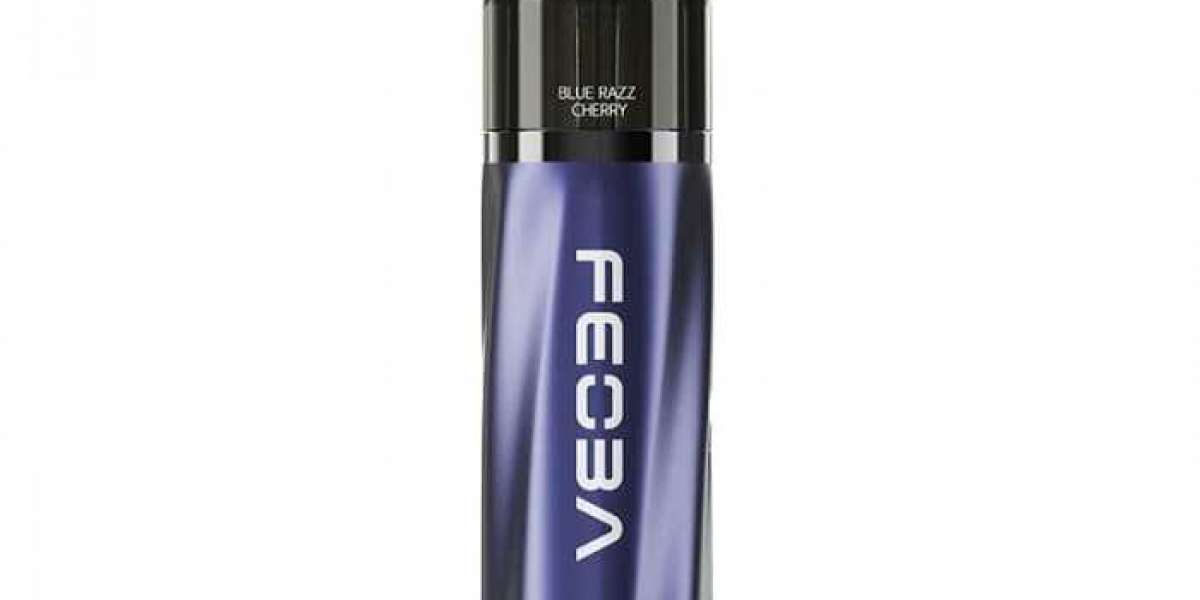As summer approaches, young athletes eagerly anticipate the opportunity to enhance their soccer skills, make new friends, and experience the joy of the game at a soccer summer camp. These camps offer a unique blend of training, teamwork, and fun, providing players with the tools they need to improve their performance on the field. However, to ensure a successful and enjoyable experience, it is essential for campers and their parents to prepare adequately. This article presents the ultimate checklist for soccer summer camp success, covering everything from essential gear to mental preparation.
Understanding the Purpose of Soccer Summer Camps
Before diving into the checklist, it is vital to understand the primary objectives of soccer summer camps. These camps are designed to help young athletes develop their skills, learn new techniques, and foster a love for the game. They provide a structured environment where players can receive coaching from experienced trainers, engage in competitive play, and build camaraderie with fellow campers.
In addition to skill development, soccer summer camps often emphasize the importance of teamwork, discipline, and sportsmanship. Participants are encouraged to embrace these values, both on and off the field. With this understanding in mind, campers can approach their summer experience with enthusiasm and a growth mindset.
Preparing for Soccer Summer Camp: The Ultimate Checklist
1. Essential Gear
An essential aspect of preparing for a soccer summer camp is gathering the necessary gear. The right equipment can significantly impact a player’s performance and comfort level during training sessions and games. Here’s a list of crucial items to include:
Soccer Cleats: Proper footwear is vital for traction and support. Campers should choose cleats that fit well and are appropriate for the playing surface, whether it’s grass, turf, or a combination of both.
Shin Guards: Safety should always come first. Shin guards protect players from injuries during practice and games. Ensure they fit comfortably and provide adequate coverage.
Soccer Ball: Bringing a personal soccer ball allows campers to practice their skills during downtime. Check with the camp to see if they have specific ball size requirements.
Athletic Apparel: Comfortable, moisture-wicking clothing is essential for staying cool and dry during training. Campers should pack enough jerseys, shorts, and socks for the duration of the camp, plus a few extras.
Water Bottle: Staying hydrated is crucial, especially during hot summer days. A reusable water bottle helps campers keep track of their water intake throughout the day.
2. Personal Items
In addition to soccer gear, campers should also prepare a list of personal items to ensure their comfort and well-being during the camp. These include:
Sunscreen: Protecting the skin from harmful UV rays is essential during outdoor activities. A high SPF sunscreen should be applied before each session.
Hat or Cap: A lightweight hat can provide additional protection from the sun and help keep campers cool during training.
Towels: Packing a few towels is useful for drying off after practice or washing up after meals.
Personal Hygiene Items: Campers should bring toiletries such as shampoo, soap, toothpaste, and deodorant to maintain personal hygiene throughout their stay.
Comfort Items: Depending on the camp's structure, some campers may benefit from bringing a favorite blanket, stuffed animal, or other comfort items to help them feel at ease.
3. Mental Preparation
While physical preparation is crucial, mental readiness plays a significant role in a successful camp experience. Campers should focus on cultivating a positive mindset and a willingness to learn. Here are a few strategies to support mental preparation:
Set Goals: Before arriving at camp, campers should set personal goals for what they hope to achieve during their time there. These goals can be skill-oriented, such as improving dribbling or scoring techniques, or personal, such as making new friends or embracing teamwork.
Practice Visualization: Visualization techniques can help campers mentally prepare for training sessions and games. Encourage them to imagine themselves executing skills successfully, participating in team drills, and achieving their goals.
Embrace a Growth Mindset: Remind campers that mistakes are a part of the learning process. Adopting a growth mindset allows them to view challenges as opportunities for improvement, fostering resilience and determination.
4. Teamwork and Communication
Soccer is a team sport that thrives on effective communication and collaboration. Campers should be prepared to engage with their teammates and coaches positively. Here are some tips for fostering teamwork:
Be Open to Feedback: Encourage campers to be receptive to feedback from coaches and peers. Constructive criticism can lead to significant improvements in skills and performance.
Build Relationships: Campers should take the initiative to connect with their teammates and create a supportive environment. Establishing friendships can enhance the overall camp experience and foster a sense of belonging.
Encourage Inclusivity: Promote an attitude of inclusivity among campers. Everyone should feel valued and supported, regardless of their skill level. Emphasizing teamwork helps create a positive atmosphere for all participants.
5. Nutrition and Hydration
Proper nutrition and hydration are vital for maintaining energy levels and peak performance during a soccer summer camp. Campers should be mindful of their dietary choices leading up to and during the camp. Here are some tips:
Balanced Meals: Encourage campers to eat balanced meals that include a mix of carbohydrates, proteins, and healthy fats. This combination provides the necessary energy for intense training sessions.
Snacks: Packing healthy snacks, such as fruits, granola bars, or nuts, can help maintain energy levels throughout the day. Quick snacks can be beneficial during breaks between training sessions.
Stay Hydrated: Emphasize the importance of drinking water before, during, and after practice. Staying well-hydrated is crucial for optimal performance and recovery.
6. Logistics and Travel Arrangements
Ensuring that all logistical aspects are in order is essential for a smooth experience at soccer summer camp. Here are some considerations:
Transportation: Confirm transportation arrangements to and from the camp. Whether driving or arranging for a ride, it’s essential to know the schedule and plan accordingly.
Check-In Procedures: Familiarize yourself with the camp’s check-in procedures to ensure a seamless arrival. Understanding the process can help prevent any last-minute confusion.
Emergency Contacts: Make sure that emergency contact information is up-to-date and readily available. Campers should also have a list of important phone numbers, such as parents or guardians and camp coordinators.
Conclusion
Preparing for a soccer summer camp can be an exciting yet challenging experience for young athletes. By following this ultimate checklist, campers can ensure they are well-equipped for success on and off the field. From gathering essential gear and personal items to focusing on mental preparedness and nutrition, each aspect plays a critical role in creating a positive and enriching camp experience.
As campers embark on their summer adventure, it is essential to embrace the spirit of learning, teamwork, and fun that soccer embodies. For those looking to take their soccer skills to the next level, consider joining Soccer Stars. With expert coaching and a supportive environment, Soccer Stars can help aspiring athletes achieve their goals and make unforgettable memories on the field. Sign up today and kickstart your journey to greatness!







